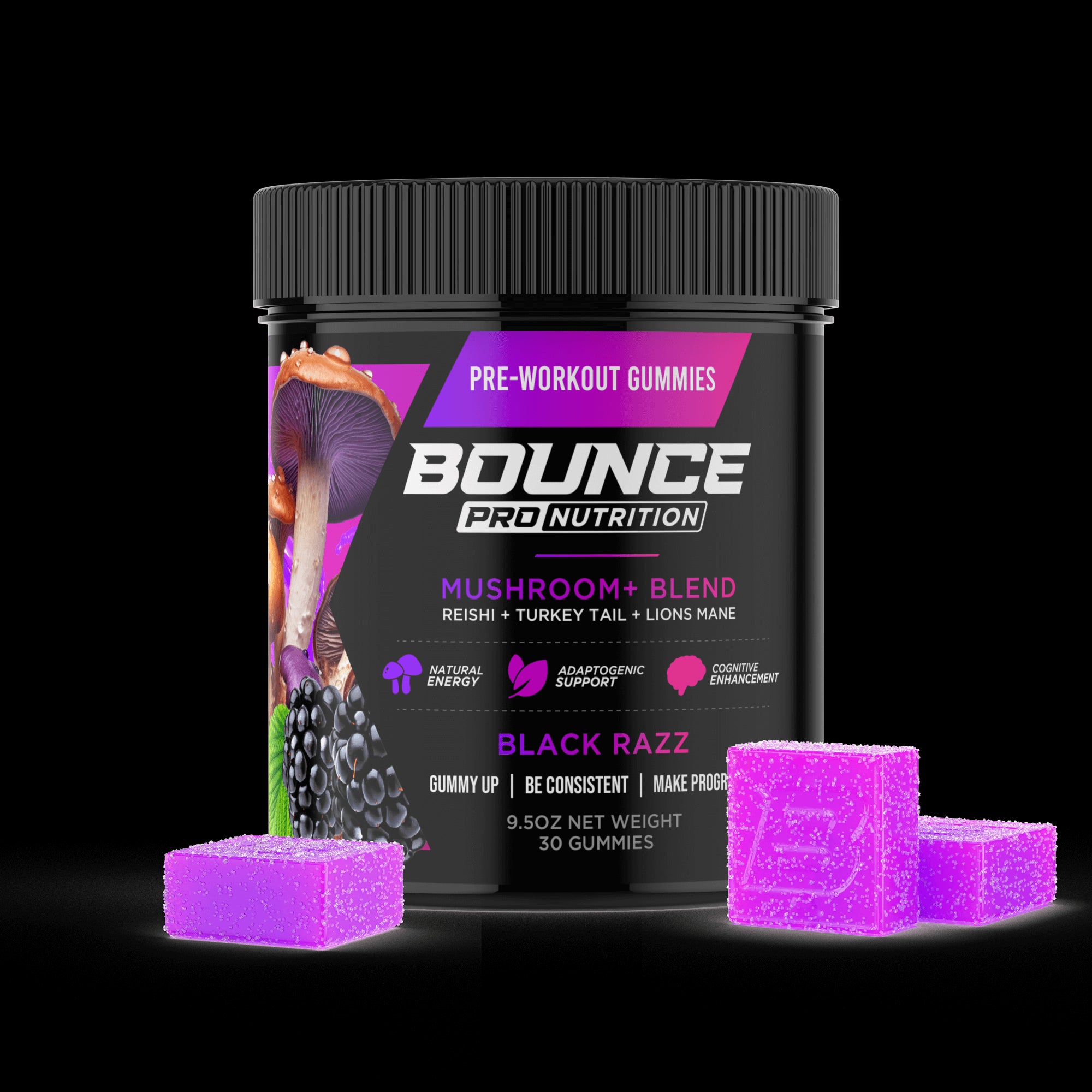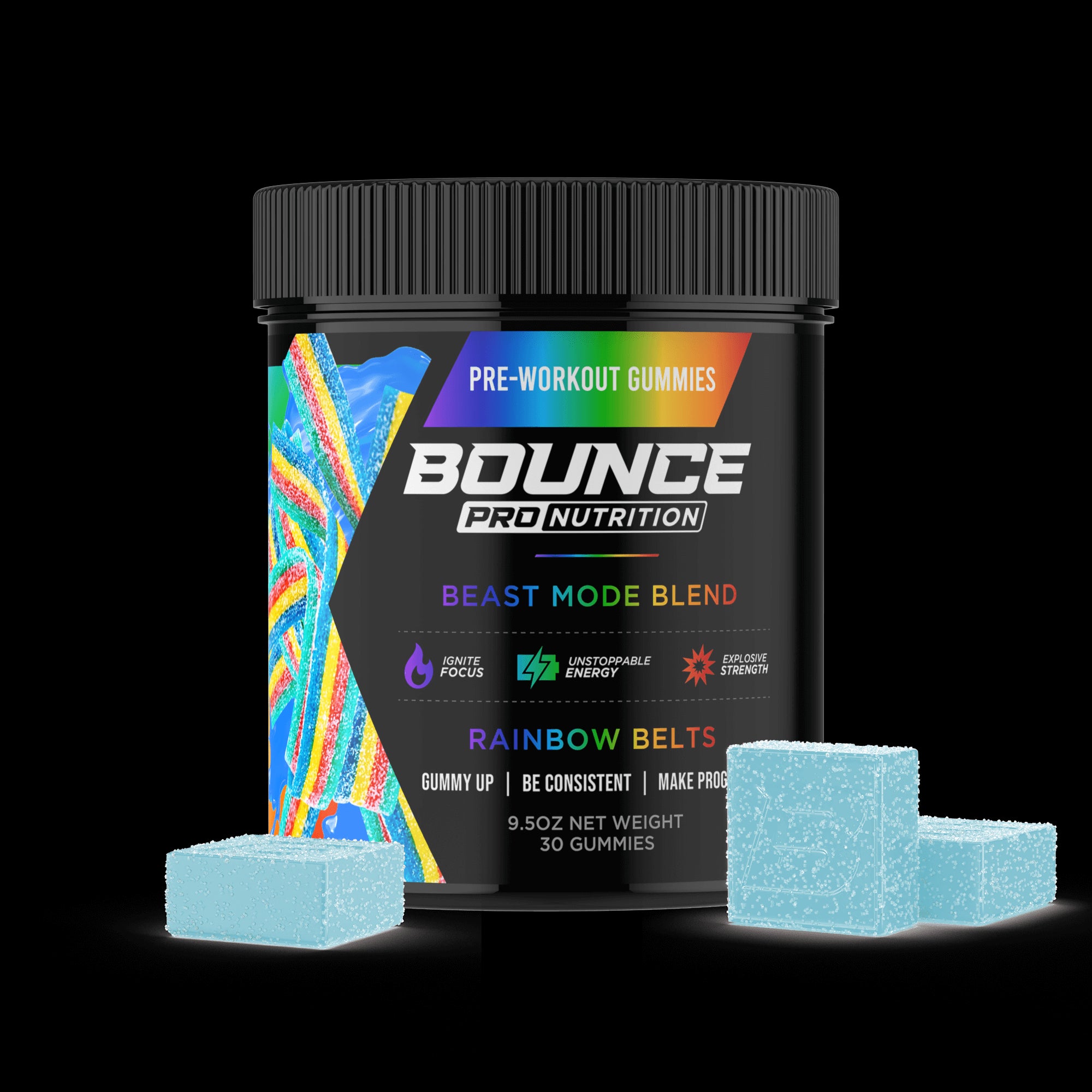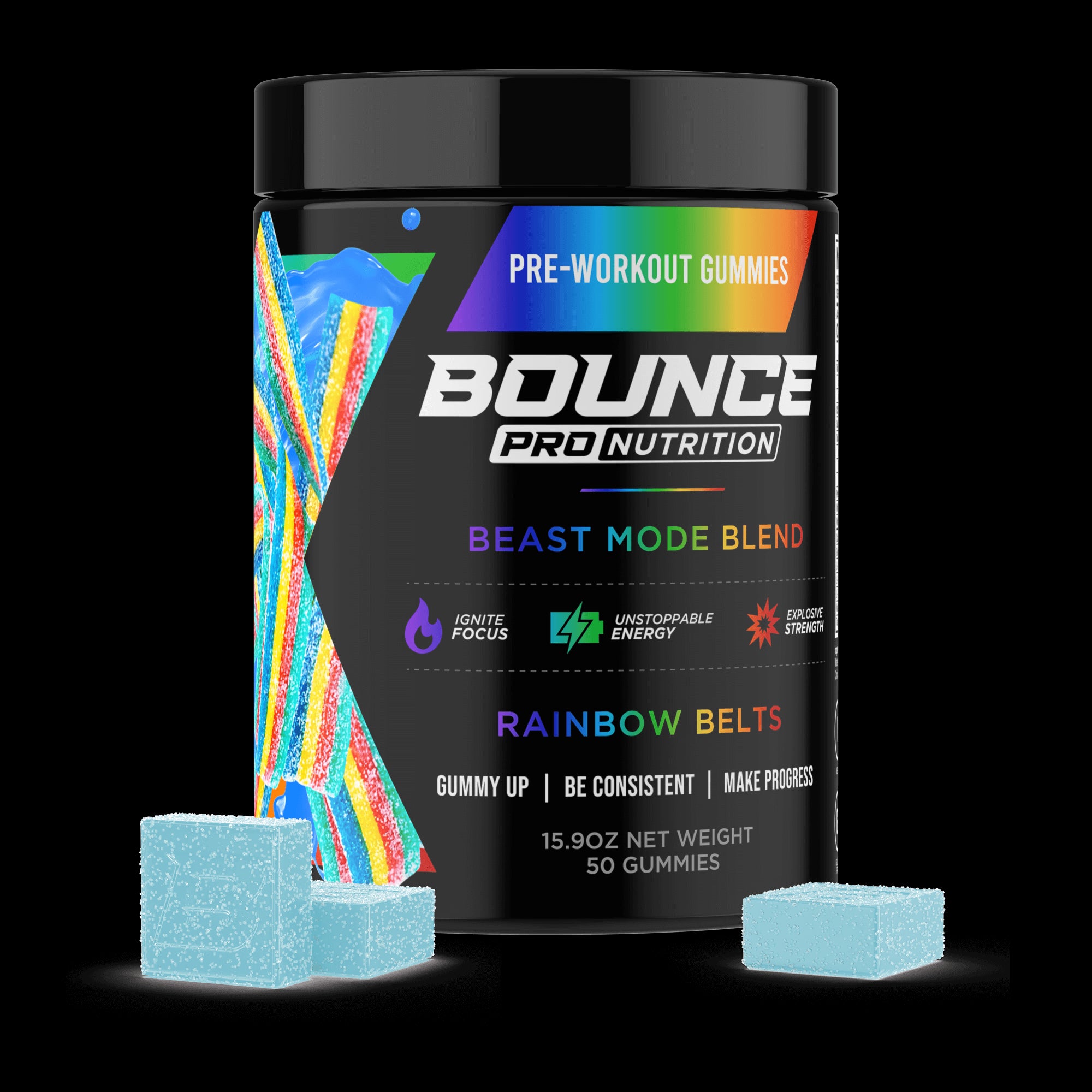Creatine supplementation has become a standard part of maintaining an effective fitness routine. The amino acid is well-researched, safe, and easy to work into your daily regimen, offering many benefits to the body, like enhanced energy, better endurance, faster muscle growth, and improved muscle strength. It can be taken daily, and has minimal side effects, plus no interactions with medications or supplements (at least that we know of so far).
Still, people may come to a point when, for some reason or another, they choose to stop taking it. The question is, are there withdrawal symptoms to expect when stopping a creatine routine, and should one taper off of it or go off of it entirely, all at once? Let’s see what the research says.
TO BUY CREATINE GUMMIES CLICK HERE
How Does Creatine Actually Work?
To better understand the potential impact of creatine cessation, we need to understand how this supplement actually works within the human body. Creatine is an amino acid produced by the liver, and it’s found in animal proteins. It’s stored in the muscles, supplying the muscles with energy, endurance, and the ability to grow mass, all while allowing the muscles to better retain water, adding to their size.
Creatine also improves muscle strength, so that you can accomplish more at the gym. Creatine is burned each time we exert our muscles, which’s why taking it consistently is key. The more intense our workouts are – the more creatine the muscles need in order to function to achieve their full potential.
When we exercise and start feeling fatigued, it is because our creatine levels are getting depleted. Because the amino acid is cumulatively beneficial, the more we take it, the higher our reserve of it in the muscles, that can be used as needed with each exercise session.
What Happens When We Stop Taking Creatine?
The body produces about 1 gram of creatine a day in the liver, but the average supplemental amount is 2-5 grams, depending on a person’s weight, exercise-related demands, and other factors. This is all to help support ATP energy for your muscle cells. Now, when we stop taking creatine in supplemental form, our body simply goes back to its natural levels of 1 gram per day.
For most people, that’s not enough to support their workout goals, but it’s better than nothing. Keep in mind too that creatine is in animal protein, and while consuming a diet rich in animal protein can give you more creatine than 1 gram, it’s still not as much as you could get from supplementing it.
Now, let’s talk about what else happens when you stop taking creatine.
Loss of Muscle Mass
If creatine plays an important role in building muscle mass, then naturally, those gains you made can be lost once you’re no longer taking it. Creatine not only builds but sustains muscle mass, and when you stop taking it, there’s no longer enough creatine stored in your muscle cells to support that mass, and so the muscles gradually go back to their “normal” state.
Of course, you can achieve muscle mass without supplementation of any kind, but creatine can really boost those gains beyond what you could have accomplished without it.
Loss of Muscle Strength
Creatine also offers the building blocks to muscle strength, in the form of ATP (adenosine triphosphate). When we stop taking creatine supplements, don’t be surprised if you can’t support the same workout load that you used to, as your muscles literally lost some of their strength, and require less exertion as they become prone to being fatigued more quickly.
Loss of Water Weight
Most people who take creatine gain about 3 pounds or so in water weight, because the amino acid retains water in the muscular tissue. So, if you lose about that amount after stopping for about a week, you will likely notice that you shed a few pounds, not in the form of muscle, but in water.
Fatigue
Many of us don’t realize how much creatine is responsible for the energy and endurance that we maintain while working out, until we stop taking it. You can very well notice that you’re feeling fatigued in the gym earlier than normal, and thus, have a harder time carrying on with your fitness regimen.
You may also feel fatigued in general throughout the day, as your body has gotten used to taking in a certain amount of an energy-supplying amino acid. The good news is that this usually wears off, and the body restores its energy equilibrium like it did before you began a creatine regimen.
Is it Safe to Suddenly Stop Taking Creatine?
If you’ve been meaning to stop taking creatine gummies for whatever reason, the good news is that you don’t have to taper off carefully. You can simply stop taking it without worrying about any real dangers or discouraging side effects. Again, the body makes creatine on its own, so you won’t actually be withdrawing from it entirely no matter what, anyway.
Again, the side effects you’d get from stopping creatine are basically related to energy levels and your ability to reach your fitness goals. You may find yourself at a disadvantage, as you’ve gotten used to the benefits that creatine has to offer in terms of helping you reach your goals more easily and quickly.
So, why would a person stop taking creatine if it is so advantageous? One reason is money, as the cost of daily supplements can add up. Another reason is that some people are sensitive to the effects of creatine on the digestive tract, and find that it gives them an upset stomach.
Creatine: Safe to Stop Taking
Creatine use can be stopped at any time, and your body will just go back to relying on the low dose that it produces on its own. But, consider why you’re stopping taking it, as it does have a lot to offer, with many proven benefits. Overall, once you do stop taking it, you will likely find that you’re not getting the same results that you used to with each workout session, but otherwise, cessation is totally safe.

























